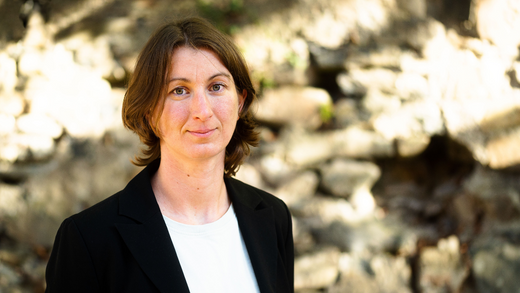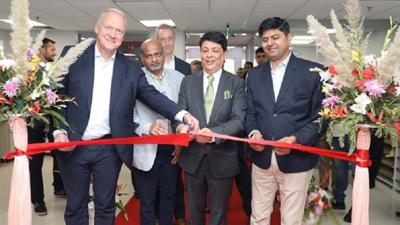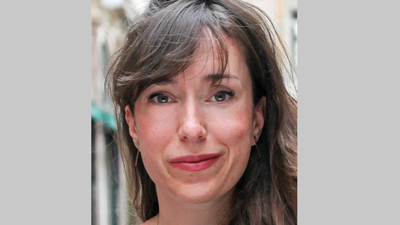
Gender inequality and unsafe working conditions are widespread in the footwear and garment industry. A multi-actor partnership focuses on gender-sensitive occupational safety and health (OSH) and invites more actors to join.
Why is it necessary to address gender-sensitive occupational safety and health in the textile and foodwear industry?
We know that in the globalized production of footwear and garments, two aspects are true: First, the workforce in production is predominantly female, with very few regional exceptions. Second, while improvements may have been achieved in some regions, working conditions and wages are usually very poor.
Industry actors have engaged in occupational safety and health, but so far, most efforts focus on “safety”, e.g. regarding fire safety, machine maintenance, or the safety of the building. While of course important, those efforts systematically overlook prevailing problems of the majority of the workforce. They are ineffective in addressing workers’ needs. An important reason for this is that those efforts are gender blind.
What has surprised you the most within the project so far?
The research findings of the partners have been worse than I expected. I thought we were going to find dirty sanitary facilities and women who are under stress because they are yelled at by their supervisors. And yes, that seems to be true at many production sites. But I was not prepared that we would also talk so much about problems like miscarriages or misfunctioning of health clinics at the production sites.
We thought the topic was important when we started the project a little more than a year ago. Today, with the first results on the regional circumstances taking shape, it becomes all the clearer that it is absolutely pressing to move beyond gender blindness in OSH systems and procedures.
The project has been running for a year now. Are there any initial successes you can share with us?
In all three project countries – Indonesia, India, and Germany, we have engaged crucial stakeholders about a gender sensitive view on OSH. We have received a lot of positive feedback by experts, standard-setters, fashion brands and retailers. We have been astonished how many stakeholders want to be involved in the project activities such as writing guidelines, testing them in pilots or participating in a working group on gender data availability and usability. Even brands for whom the production countries India and Indonesia are not relevant want to be informed about the project results because they want to learn from them for their own supply chains. This shows us that we are on the right path to address the topic collectively.
For the multi-actor partnership, the Südwind-Institute is working together with three partner organizations: FEMNET e.V. in Germany, TURC in Indonesia and Cividep in India. Which advantages do you see in such cooperation?
It goes without saying that our partners from India and Indonesia have great local knowledge and understand the context much better. They can investigate matters locally and establish contacts with workers, trade unions, factory managements, and other local stakeholders. It is a strength of the project that we can inquiry into the specific gender norms in specific production regions, but we can also compare them and understand what kind of problems may be intrinsic to the sectors we work on, no matter where the production takes place. All four organizations are very experienced in engaging for labour rights in the garments and footwear industries, and they bring in their special fields of expertise into the project.
Which part does the Südwind-Institute take within the multi-actor partnership?
With economic expertise, Südwind has been investigating working conditions in the garment sector since decades. Over the last eight years, the footwear sector also developed into an important area of engagement. Südwind combines in-depth sector analysis with dialogue and lobbying for labour rights. With that method, the institute has become a respected and valued partner across stakeholder groups. It has been an active member in the German Partnership for Sustainable Textiles since its beginning, as has FEMNET.
Why should companies which are interested in the topic get in touch with you?
A gender sensitive view in OSH it helps companies to comply with laws, such as the German supply chain act on human rights due diligence. Just last year, the International Labour Organization (ILO) made occupational health a fundamental right at work. With a gender sensitive view, OSH system also become more effective in addressing workers’ needs.
The topic is highly relevant, but poorly researched and poorly practiced yet. Collaboration helps to find a way better and faster. In our partnership, companies can learn from each other and can follow latest conversations in the industries, but the partnership also builds bridges to workers and their representatives in production regions. I think that is the most important asset.
Dr Jiska Gojowczyk, research at the Südwind-Institut e.V., Bonn/Germany, and team member of the Multi-Actor Partnership team working on gender sensitive OSH in the footwear and garments industries.


